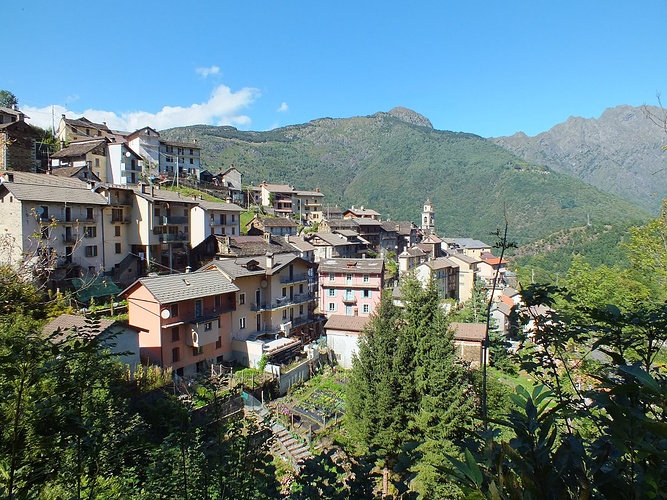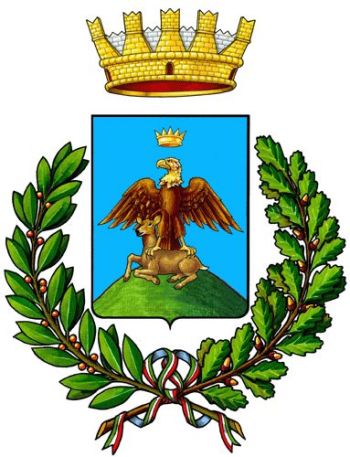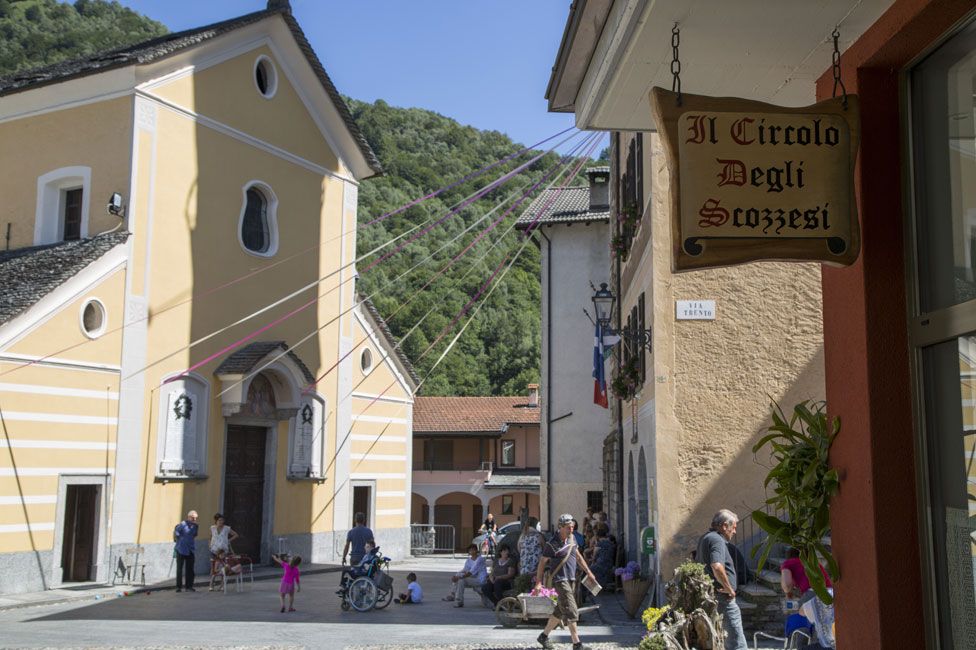'The Italian highlanders who may have Scottish roots'
Dany Mitzman - BBC News - August 10, 2017
Thousands of Italians emigrated to Scotland in the 20th Century, but it seems that 400 years earlier a group of Scots may have settled in a village in the Italian Alps. So local legend has it… And there are plenty of signs to suggest that maybe, just maybe, it's true.
High up in the mountains of northern Italy, just a few kilometres from the Swiss border, the people of the tiny village of Gurro speak a strange dialect, incomprehensible even to the other villages in the same valley.
They have peculiar surnames, and the women's traditional costume features a patterned underskirt that looks suspiciously like tartan.
One possible explanation is that their forefathers include a unit of Scottish soldiers - the Garde Ecossaise - who served the French King, Francis I, and were defeated with him at the Battle of Pavia, near Milan, in February 1525.
The story goes that while trying to make their way home the Scots stopped in Gurro, where they got snowed in for the winter. Many locals believe they never left.
"I've heard talk about this story since I was a child," says Alma Dresti, who was born and bred in Gurro.
"I know it's probably at least part legend but I like to believe in it and I do think there could be some truth in it.
"I like to imagine those strapping young soldiers trying to return home, stopping here, and liking it so much they stayed even once spring had come."
************
Links
************
Scottish Heritage Fest in Gurro/Lake Maggiore/Italy
articolo71
People of the Piemontese village of Gurro near Lake Maggiore in Northern Piemont are celebrating their Scottish heritage
************
'Welcome to Gurro: a Scottish village in the Italian Alps'
Patrick Browne - The Local (Italy) in English - March 2, 2016
Gurro was populated by Scottish soldiers 500 years ago, who left traces of their culture everywhere.
When Italy played Scotland in a Six Nations rugby game on Saturday, the residents of Gurro, a tiny town perched in the hills above Lake Maggiore, were left feeling divided.
“But most of us support Scotand, especially in the rugby, and we were pleased they won,” Adolofo Nicolussi, who works as a volunteer in Gurro's ethnographic museum, tells The Local.
But Scottishness among the town's 221 inhabitants runs deeper than mere sports affiliation.
Kilt-wearing Italians sip espresso at the Scottish Association bar, which doubles-up as a welcome centre for visitors.
Residents also have a strange, incomprehensible dialect and penchant for playing bagpipes full-blast.
Even some of their surnames, including Gibi, Pattriti and Donaldi, are just Italianized forms of Gibbs, Fitzpatrick and MacDonald.
"The parish register is full of them," 75-year-old Nicolussi said.
************
Tartan as a new loan word
Many languages have adopted the word "clan," which is of Scottish origin, meaning "people of a common heritage." Another word of Scottish origin which would work well as a loan word is "tartan." Just like clan, which refers to the old clans of the Scottish Highlands, tartans are the unique plaid design symbols for each of the clans/territories. A tartan could be used to represent the symbolism for any smaller regional community. The various mountain communities of the Italian Alps, or even the Apennine Mountains, are similar to the concept of the Scottish Highland clans. The Val Camonica has both the Camunian rose and the arms of its biggest city Breno (above) which also serves as symbol of the region. This seems like a type of Tartan, distinct from the surrounding mountain communities (Valtellina, Val Seriana, etc.).
Also, the history of the Scottish Highland resistance to foreign (in past centuries) English Monarchical rule is similar to the long history of Italian Alpine resistance to the Roman State (Tropaeum Alpium), and also to resistance to German rule (Barbarossa; Five Days of Milan). I don't 100% hang my hat on that, as so often in human history... today's freedom fighter is tomorrows oppressor. However, there are some strong similarities at work here. Another word that is related is the Latin/Roman "vexillum," a Roman military standard or banner, especially one of a maniple. The story of the Alpine Piedmontese village of Gurro reminds me of other similar stories, such as the Cimbrian villages of the Veneto Alps, or the Confederados of Sao Paulo Province in Brazil.
************
Il Cirrcolo Degli Scozzesi
"Il Cirrcolo Degli Scozzesi" is a local pub, and it means "Circle of Scots."
Image caption from above: Gurro's "Scottish social club" (the bar) is situated opposite the church
.




